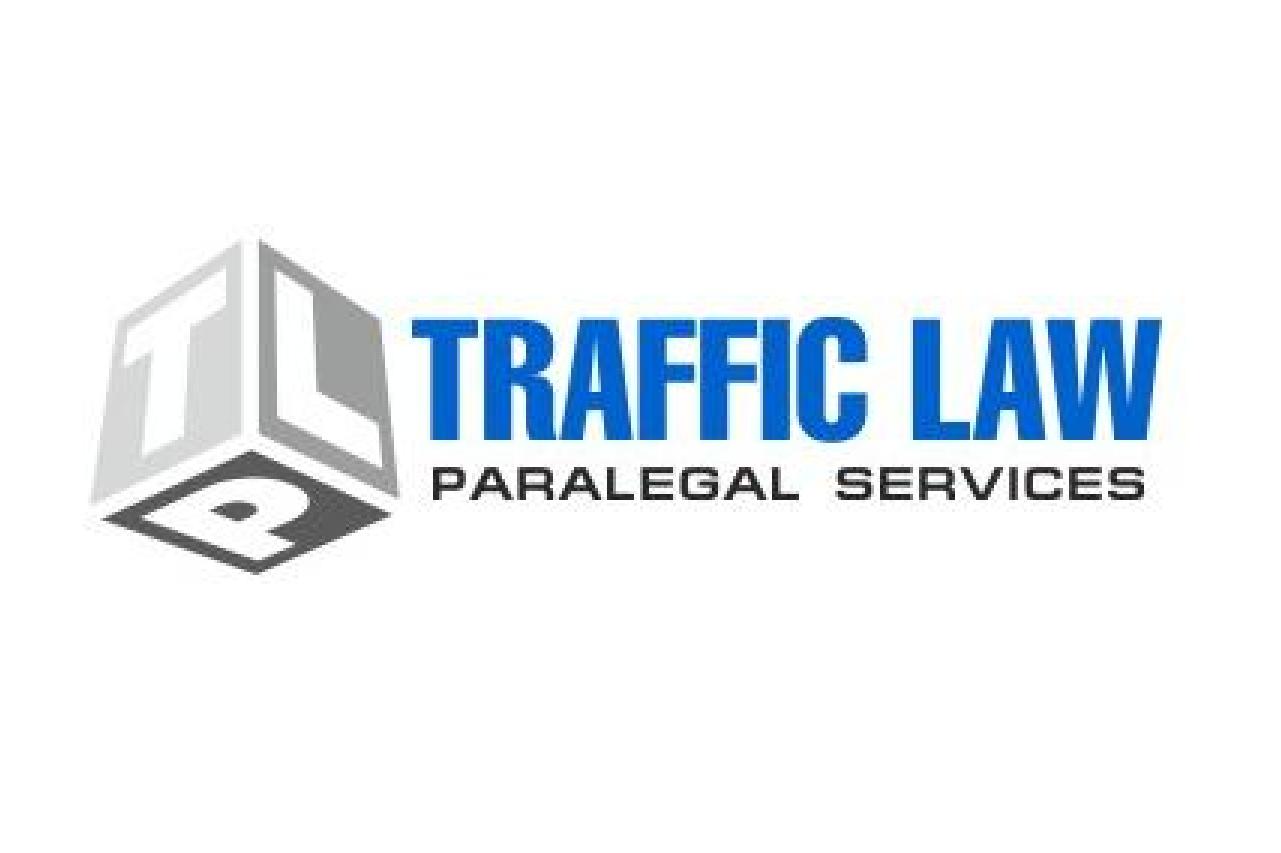Appealing a Traffic Ticket in Mississauga: A Comprehensive Guide
Receiving a traffic ticket in Ontario can be a frustrating experience, but it's important to know that you have the right to appeal if you believe the ticket was issued unfairly. This guide will provide a detailed overview of the appeal process, the legal requirements, and the specific steps needed to perfect an appeal for a traffic ticket in Ontario, with a particular focus on appeals in Mississauga and Brampton.
Understanding Traffic Ticket Appeals in Ontario
When you receive a traffic ticket in Ontario, it typically falls under two categories: Part 1 or Part 3 offenses, as outlined in the Provincial Offences Act. Part 1 offenses are minor infractions, such as speeding or running a red light, while Part 3 offenses are more serious and often involve a summons to appear in court.
The Role of the Appeal Court Judge
The powers of an appeal court judge in Ontario are governed by the Provincial Offences Act. The judge has the authority to:
- Affirm, reverse, or modify the conviction or sentence.
- Order a new trial.
- Dismiss the appeal if it is without merit.
These powers apply to both Part 1 and Part 3 charges, although the specific procedures and potential outcomes can vary depending on the severity of the offense.
How to Appeal a Traffic Ticket in Ontario
To appeal a traffic ticket, follow these steps: file a Notice of Appeal within 30 days of conviction, prepare and submit any necessary transcripts, and argue your case at the hearing. You may also need to file motions to extend the filing time or waive fine payments. Ensure all documents are submitted correctly to improve your chances of success.
Step 1: Determine Your Eligibility
Before you begin the process to appeal a traffic ticket in Ontario, ensure that you are eligible to appeal. You must have a valid reason, such as:
- Errors in the application of the law during your trial.
- New evidence that was not available during the original trial.
- Procedural errors that may have affected the outcome of your case.
Step 2: File a Notice of Appeal
The first formal step in appealing a traffic ticket in Ontario is to file a Notice of Appeal. This document must be submitted within 30 days of your conviction. The notice should include:
- Your name and contact information.
- Details of the original conviction, including the date and location.
- The specific grounds for your appeal.
Step 3: Prepare an Appeal Factum
An appeal factum is a written argument that outlines the reasons for your appeal. This document is crucial as it provides the legal basis for your appeal and presents your case to the appeal court judge. Your factum should include:
- A summary of the facts.
- A detailed explanation of the legal errors you believe occurred.
- References to relevant case law and statutes.
Importance of a Well-Prepared Factum
The appeal factum is the cornerstone of your appeal. It must be clear, concise, and well-organized. A strong factum will:
- Clearly outline the errors that occurred during the trial.
- Present a compelling argument for why the conviction should be overturned.
- Include references to relevant legal precedents and statutes.
Step 4: Submit Supporting Documents
Along with your Notice of Appeal and factum, you must submit any supporting documents that will help your case. This may include:
- Transcripts of the original trial.
- Evidence that was presented at the trial.
- Any new evidence that you wish to introduce.
Step 5: Attend the Appeal Hearing
Once your documents are submitted, you will receive a date for your appeal hearing. During the hearing, your case will be presented to the appeal court judge. The judge will then make a decision based on the arguments and evidence presented.
The Legal Basis for an Appeal
Appealing a traffic ticket is different from a trial. During a trial, the focus is on determining whether you are guilty of the offense. In an appeal, the focus shifts to whether there were errors in the original trial that warrant a different outcome.
Legal Test on Appeal
The legal test on appeal involves determining whether:
- There was a legal or procedural error that affected the outcome of the trial.
- The decision was unreasonable or unsupported by the evidence.
Specifics for Appealing a Traffic Ticket in Mississauga and Brampton
Appeals for traffic tickets issued in Mississauga and Brampton are heard at the Brampton Ontario Court of Justice, located at 7755 Hurontario St. This court handles a high volume of traffic ticket appeals, and it is crucial to be well-prepared to present your case effectively.
Key Considerations for Mississauga and Brampton Appeals
- Local court procedures: Familiarize yourself with the specific procedures of the Brampton Ontario Court of Justice.
- Timing: Ensure you file your Notice of Appeal within the stipulated 30-day period.
- Legal representation: Consider hiring a paralegal who specializes in traffic ticket appeals to help navigate the process and present a strong case.
Appealing a traffic ticket in Ontario requires careful preparation and a thorough understanding of the legal process. Whether you are appealing a traffic ticket in Mississauga or Brampton, following the steps outlined in this guide will help you build a strong case. Remember, the key to a successful appeal lies in clearly demonstrating the errors that occurred during your trial and presenting a compelling argument supported by legal precedents and evidence.
By adhering to these guidelines and understanding the powers of the appeal court judge, you can increase your chances of a favorable outcome. Good luck with your appeal, and remember that thorough preparation is your best ally in the process.


